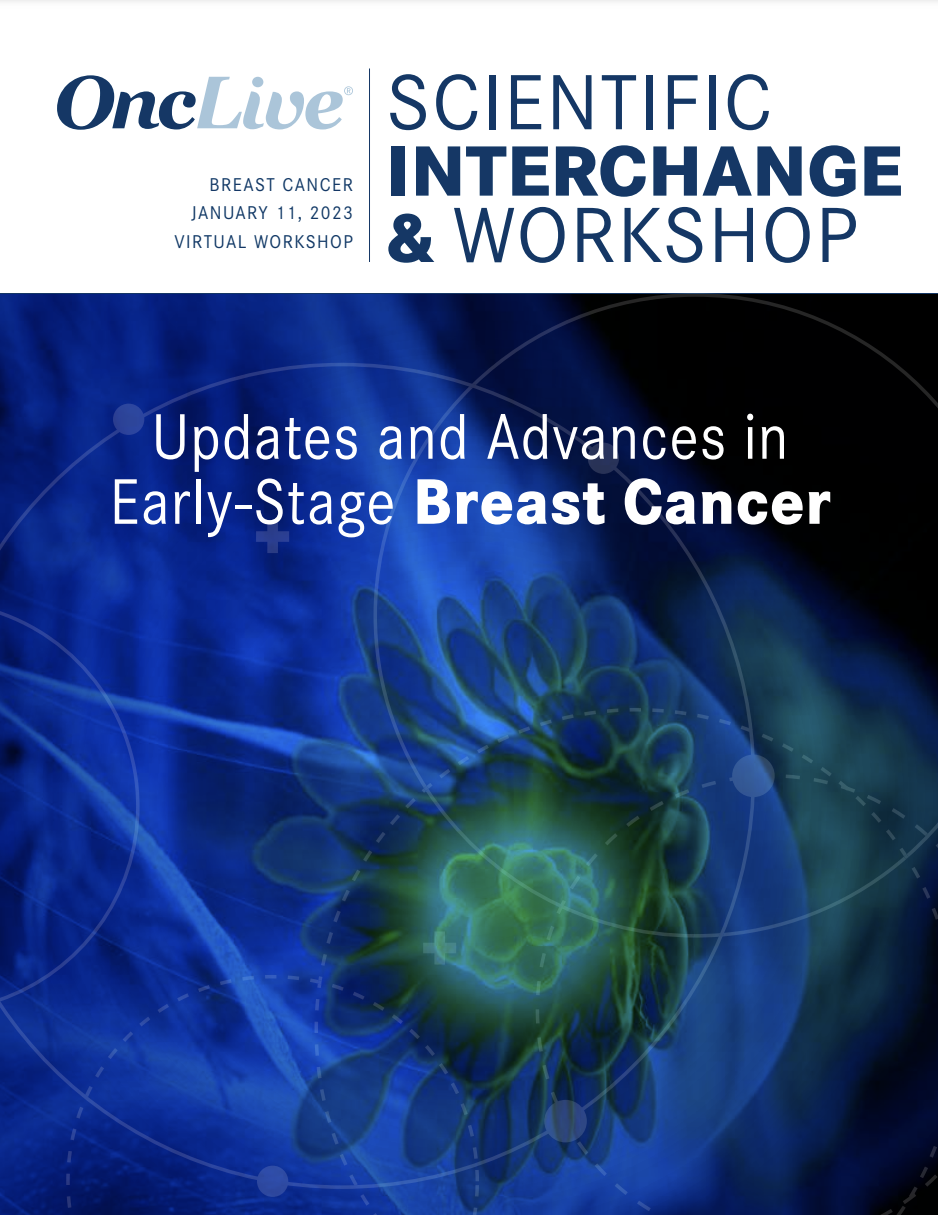Commentary
Video
Supplements and Featured Publications
Dr Sridhar on the Use of Zelenectide Pevedotin in Locally Advanced or Metastatic Urothelial Cancer
Author(s):
Srikala Sridhar, MD, MSc, FRCPC, discusses the unique application of zelenectide pevedotin, which targets nectin-4 in locally advanced or metastatic urothelial cancer.
Srikala Sridhar, MD, MSc, FRCPC, clinician investigator, Cancer Clinical Research Unit, Princess Margaret Cancer Centre, University Health Network, discusses the unique application of the Bicycle® toxin conjugate zelenectide pevedotin (BT8009), which targets nectin-4 in patients with locally advanced or metastatic urothelial cancer. This agent is being evaluated in the phase 2/3 Duravelo-2 clinical trial (NCT06225596).
The target of zelenectide pevedotin makes it somewhat similar to enfortumab vedotin-ejfv (Padcev), Sridhar begins. Like enfortumab vedotin, zelenectide pevedotin is linked to monomethyl auristatin E; however, it has a lowermolecular weight and a shorter plasma half-life, she explains. This difference may lead to reduced toxicity withzelenectide pevedotin compared with enfortumab vedotin, according to Sridhar. Although initial data are promising, trial results are awaited to confirm these benefits, she states.
The Duravelo-2 trial is assessing the efficacy of zelenectide pevedotin in 2 distinct cohorts. The first cohort includes treatment-naive patients, who are being randomly assigned to receive 1 of 2 dosing schedules of zelenectide pevedotin in combination with pembrolizumab (Keytruda), or chemotherapy, Sridhar continues. The second cohort is enrolling patients who have received at least 1 prior treatment, excluding those previously treated with enfortumab vedotin, which is a logical exclusion criterion, Sridhar says.
This trial will explore dosing strategies, evaluate the drug’s efficacy, and provide essential data on this novel treatment approach, she expands. A notable aspect of the trial is the use of nectin-4, a familiar target that enfortumab vedotin has shown efficacy against in past studies, she notes. Additionally, the chemotherapy backbone used as an active comparator in this trial is well established and considered an effective approach, Sridhar explains, noting that these factors offer some reassurance regarding the potential success of the treatment if proven positive.
The results from the Duravelo-2 trial will be crucial in determining whether this innovative drug delivery method can provide enhanced efficacy with reduced toxicity, she emphasizes. The outcomes will generate significant interest, and further developments are anticipated in the future, Sridhar concludes.
























%20(2)%201-Recovered-Recovered-Recovered-Recovered-Recovered-Recovered-Recovered-Recovered-Recovered-Recovered-Recovered-Recovered-Recovered-Recovered-Recovered-Recovered-Recovered.jpg?fit=crop&auto=format)
%20(2)%201-Recovered-Recovered-Recovered-Recovered-Recovered-Recovered-Recovered-Recovered-Recovered-Recovered-Recovered-Recovered-Recovered-Recovered-Recovered-Recovered-Recovered.jpg?fit=crop&auto=format)
